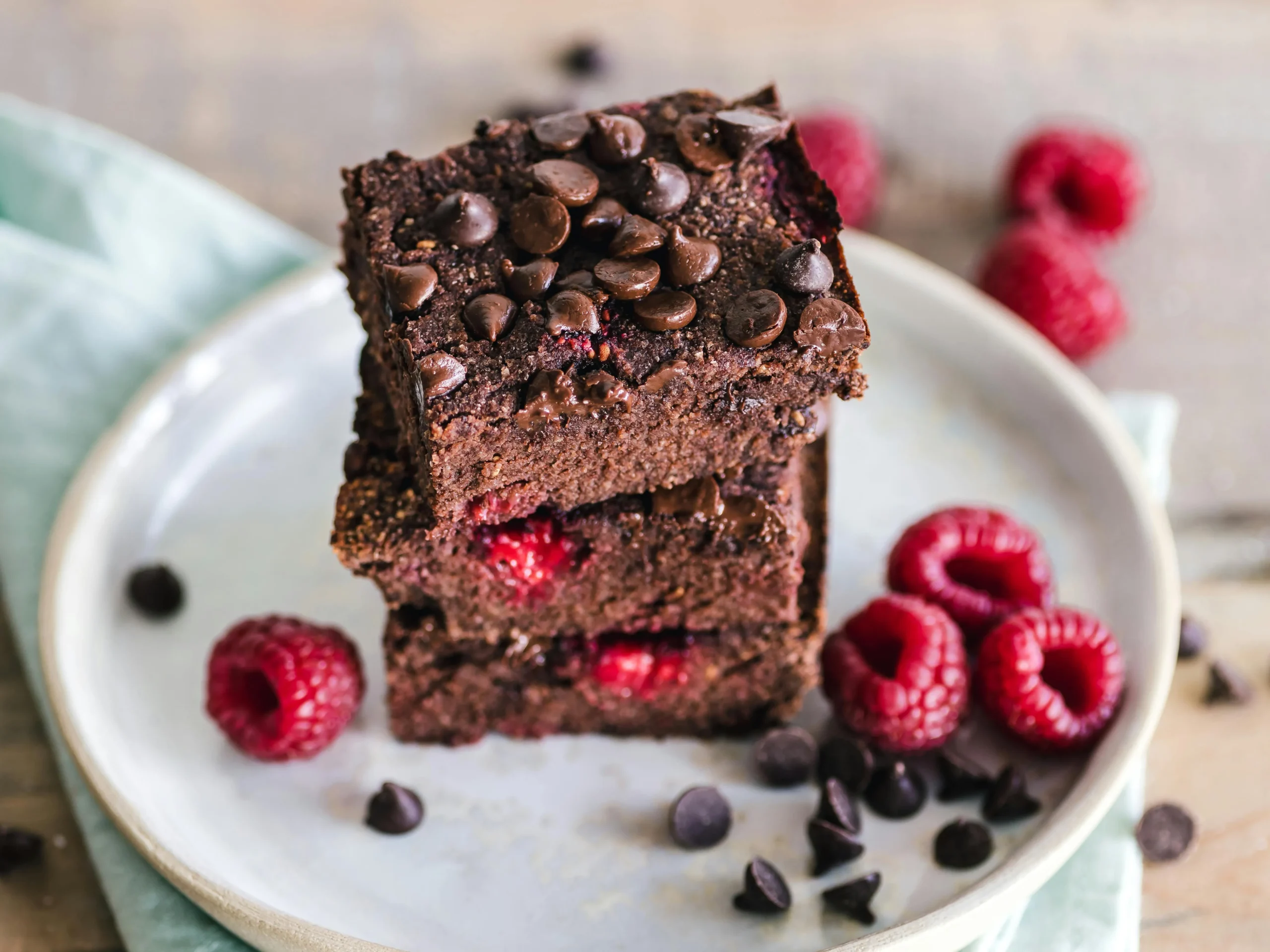Supporting Your Gut Health with Prebiotics and Probiotics
Our gut health plays a crucial role in our overall well-being, influencing everything from digestion to immunity. To maintain a healthy gut, it’s essential to incorporate prebiotics and probiotics into our diet. These beneficial components help promote the growth of good bacteria in the gut, aiding in digestion and supporting our immune system. In this article, we will explore the importance of prebiotics and probiotics, how they work, and how you can incorporate them into your daily routine to support your gut health.
The Role of Prebiotics and Probiotics in Gut Health
Before delving into how prebiotics and probiotics can benefit our gut health, it’s important to understand the difference between the two. Prebiotics are non-digestible fibers that serve as food for probiotics, which are live bacteria and yeasts that are beneficial for our gut. When consumed together, prebiotics and probiotics work synergistically to promote a healthy balance of gut bacteria, known as the gut microbiome.
Benefits of Prebiotics and Probiotics
Read also: Nourish Your Body: Plant-Based Breakfast for Optimal Health
Prebiotics and probiotics offer a wide range of benefits for our gut health and overall well-being. Some of the key advantages include:
- Improved Digestion: Prebiotics and probiotics help maintain a healthy balance of gut bacteria, which is essential for proper digestion and nutrient absorption.
- Enhanced Immunity: A significant portion of our immune system resides in the gut, and a healthy gut microbiome supported by prebiotics and probiotics can boost our immune response.
- Reduced Inflammation: By promoting a healthy gut environment, prebiotics and probiotics can help reduce inflammation in the body, which is linked to various chronic diseases.
Read also: Boost Your Immune System Naturally: Harnessing Adaptogens
Incorporating Prebiotics and Probiotics into Your Diet
There are various ways to incorporate prebiotics and probiotics into your daily diet to support your gut health. Here are some practical tips:
- Include Prebiotic-Rich Foods: Foods such as garlic, onions, bananas, asparagus, and apples are excellent sources of prebiotics.
- Consume Fermented Foods: Yogurt, kefir, sauerkraut, kimchi, and miso are examples of fermented foods that contain probiotics.
- Consider Probiotic Supplements: If you have trouble getting enough probiotics from food, you can opt for high-quality probiotic supplements.
Choosing the Right Prebiotic and Probiotic Products
When selecting prebiotic and probiotic products, it’s essential to choose high-quality options that are effective and safe. Look for products that contain a diverse range of probiotic strains and are backed by scientific research. Additionally, consider the following factors:
- CFU Count: Check the colony-forming units (CFUs) of probiotic supplements to ensure they provide an adequate dose for optimal benefits.
- Expiration Date: Ensure that the products have a valid expiration date to guarantee their potency.
- Storage Requirements: Follow the storage instructions provided for probiotic supplements to maintain their efficacy.
Monitoring Your Gut Health
It’s essential to pay attention to your gut health and listen to your body to determine if prebiotics and probiotics are benefiting you. Keep track of any changes in digestion, energy levels, or overall well-being after incorporating these components into your diet. If you experience any adverse effects, consult a healthcare professional for guidance.
Final Thoughts
Supporting your gut health with prebiotics and probiotics is a proactive step towards enhancing your overall well-being. By incorporating these beneficial components into your daily routine and making mindful dietary choices, you can promote a healthy gut microbiome and enjoy the numerous benefits that come with it. Remember to choose high-quality products, monitor your gut health, and seek professional advice if needed to optimize the effects of prebiotics and probiotics on your gut health.
FAQ
What are prebiotics and probiotics?
Prebiotics are non-digestible fibers that feed the beneficial bacteria in your gut, while probiotics are live beneficial bacteria that help maintain a healthy gut microbiome.
What are the sources of prebiotics?
Common sources of prebiotics include garlic, onions, leeks, asparagus, bananas, whole grains, and chicory root.
What are the sources of probiotics?
Probiotics can be found in fermented foods like yogurt, kefir, sauerkraut, kimchi, miso, and kombucha, as well as in supplement form.
How do prebiotics and probiotics benefit gut health?
Prebiotics help nourish the good bacteria in your gut, while probiotics help introduce beneficial bacteria, maintaining a healthy balance and improving digestion and immunity.
Can prebiotics and probiotics help with digestive issues?
Yes, prebiotics and probiotics have been shown to help alleviate symptoms of digestive issues like bloating, gas, and diarrhea by promoting a healthy gut microbiome.
Are there any side effects of consuming prebiotics and probiotics?
Some people may experience mild digestive discomfort like bloating or gas when first introducing prebiotics or probiotics, but this usually subsides as the gut adjusts.
Can prebiotics and probiotics help with weight management?
Research suggests that a healthy gut microbiome, supported by prebiotics and probiotics, may play a role in weight management by influencing metabolism and appetite regulation.
Should I take prebiotic and probiotic supplements?
While it’s ideal to get prebiotics and probiotics from whole foods, supplements can be beneficial for those who have difficulty obtaining enough through their diet or have specific health issues.
Can children and pregnant women benefit from prebiotics and probiotics?
Yes, prebiotics and probiotics can be beneficial for children and pregnant women in supporting their digestive health and immune system, but it’s important to consult a healthcare provider first.
Are there any specific dietary guidelines for incorporating prebiotics and probiotics?
Include a variety of prebiotic-rich foods like fruits, vegetables, and whole grains, along with probiotic-rich foods like yogurt and fermented foods, to promote a diverse and healthy gut microbiome.
What is a professional’s opinion?
According to Dr. Michael Ruscio, a renowned functional medicine practitioner, incorporating a balanced mix of prebiotics and probiotics from whole foods can significantly improve gut health and overall well-being. It’s essential to personalize your approach based on individual needs and consult with a healthcare provider for guidance.

